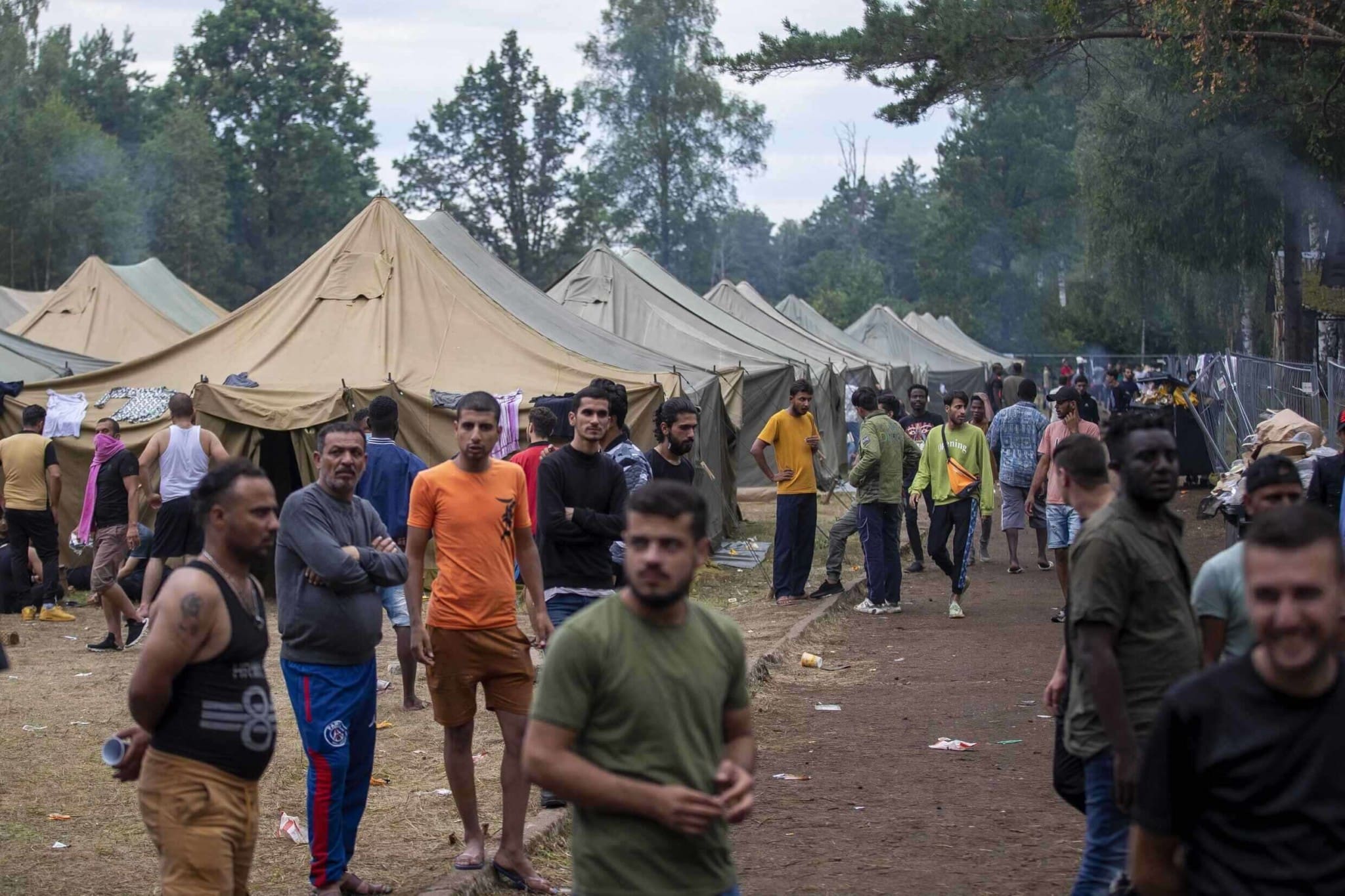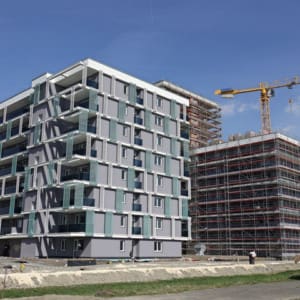According to a survey conducted by the STEM agency, most Czechs consider protection against migration important, with only 14.1 percent of respondents thinking otherwise. Rather than offering asylum, though, the majority of respondents favor providing refugees with assistance in returning to their country of origin.
“The issue of migration is once again proving to be a major problem for the whole of Europe. Not only are negotiations on a migration and asylum pact within the EU still underway, but there are also talks about migration in connection with the situation in Lithuania and the departure of Western troops from Afghanistan,” the analysts from the STEM agency note.
Overall, 84 percent of respondents share a negative opinion on providing asylum for at least some migrants. That is true mainly in the second-oldest age group, in which 74 percent completely reject the idea of asylum, and another 18.1 percent at least partially refuse it. Most respondents who would agree with providing a new home for refugees in the European Union were in the youngest age group of 18 to 29 years of age, with 32 percent of them being in favor of granting asylum.
“Since 2015, migration has remained one of the important topics for the Czech public. It is not the most important, but it is among the top five topics,” says one of the study’s authors, analyst Nikola Hořejš.
Furthermore, the reluctance to accept applications for a residence permit prevails in all groups no matter the educational background.
On the contrary, the predominance of positive reactions arose on whether all participating states should be involved in the return of refugees to their country of origin. The oldest generation would welcome such a solution the most, while the group of 18 – 29 years of age showed the lowest support. However, the difference between the two categories was only less than 6 percent.
There were not too many differences in opinions based on the achieved education of respondents. However, university-educated people voted against repatriation the most.
The approach of the Czech public towards foreign workers from Ukraine or other Eastern European countries is interesting. Roughly half of the respondents consider them a benefit for the Czech Republic. Most of these respondents, specifically 66.4 %, are in the category over 60 years of age. The group of 18–to-29-year-olds and respondents without a high school diploma perceive incoming Eastern Europeans as a problem.
“As for the threat of migration, for the Czechs, it is significantly connected with Islamic fundamentalism that bothers them more than the asylum seekers themselves,” Hořejš explained.
The attitude that the inhabitants of the Czech Republic currently have towards protection against migration as such is also interesting. More than three-quarters of respondents consider this to be important. In the group over 60 years of age, 94 percent agree with protection against migration. On the contrary, the issue is considered unimportant in the university-educated group of people between 30 and 40 years old.
Czech footprint in the border guard
The data provided to STEM analysts by Frontex, which is crucial for guarding the borders of the EU against illegal migrants, is also unique. The numbers provided point to the active role of the Czech Republic and Czech police officers.
“Czech police officers perform tasks in border surveillance, debriefing (obtaining information during interviews with migrants), screening (activities aimed primarily at revealing which country the migrant comes from) and document control,” describes Frontex the role of Czech officers.
Title image: Migrants walk inside the newly built refugee camp in the Rudninkai military training ground, some 38km (23,6 miles) south from Vilnius, Lithuania, Wednesday, Aug. 4, 2021. The Red Cross warned Wednesday that Lithuania’s decision to turn away immigrants attempting to cross in from neighboring Belarus does not comply with international law. Lithuania, a member of the European Union, has faced a surge of mostly Iraqi migrants in the past few months. Some 4,090 migrants, most of them from Iraq, have crossed this year from Belarus into Lithuania. (AP Photo/Mindaugas Kulbis)





